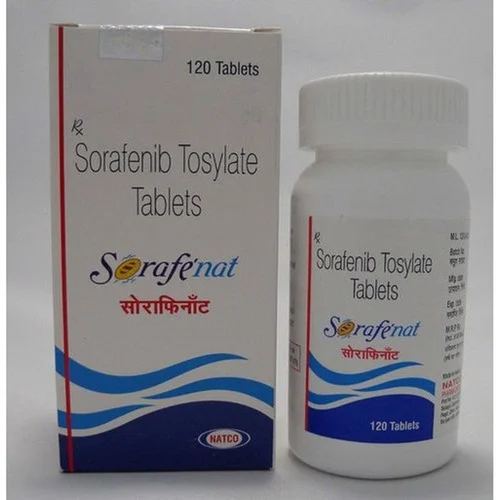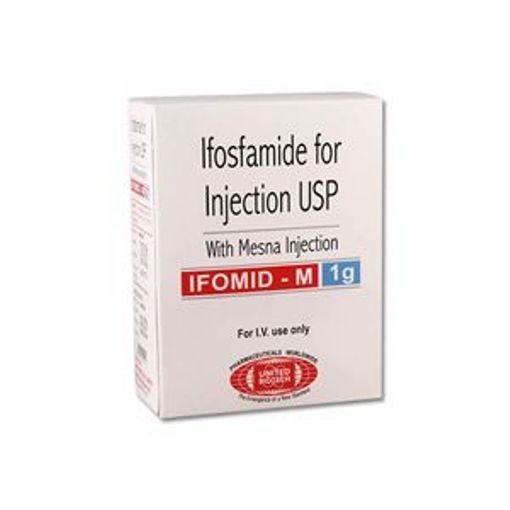Sorafenat 200 is a medication used to treat certain types of cancer, including kidney cancer and liver cancer. It is an oral multi-kinase inhibitor that works by blocking the activity of several enzymes that promote cancer cell growth and proliferation.
Composition:
- Sorafenat 200: Sorafenib (200mg)
Mechanism of Action:
Sorafenib, the active ingredient in Sorafenat, works by:
- Inhibiting the activity of several enzymes, including RAF/MEK/ERK, VEGFR-2, and PDGFR-β, which are involved in cancer cell growth and proliferation.
- Blocking the formation of new blood vessels that feed tumors, thereby reducing their growth and size.
Uses:
Sorafenat 200 is used to treat:
- Advanced renal cell carcinoma (kidney cancer) in patients who have not responded to previous treatment.
- Advanced liver cancer (hepatocellular carcinoma) in patients who have not responded to previous treatment.
- Metastatic differentiated thyroid cancer (DTC) in patients who have not responded to radioactive iodine therapy.
Dosage:
The recommended dosage of Sorafenat 200 is:
- For kidney cancer: 400mg twice daily, taken with food.
- For liver cancer: 400mg twice daily, taken with food.
- For thyroid cancer: 400mg twice daily, taken with food.
Side Effects:
Common side effects of Sorafenat may include:
- Fatigue
- Hand-foot skin reaction
- Rash
- Diarrhea
- Nausea and vomiting
- Decreased appetite
- Hair loss
- Increased risk of bleeding
Recommendation:
Sorafenat is recommended for patients who have been diagnosed with advanced kidney or liver cancer or metastatic DTC and have not responded to previous treatment. It is essential to discuss the benefits and risks of this medication with your healthcare provider before starting treatment.
Important Note:
- Sorafenat should not be used in combination with other medications that may increase the risk of bleeding or liver damage.
- Patients taking Sorafenat should be closely monitored for signs of liver toxicity, such as elevated liver enzymes or liver failure.
- Pregnant or breastfeeding women should not use Sorafenat, as it may harm the fetus or infant.
- Regular follow-up appointments with your healthcare provider are necessary to monitor the effectiveness of Sorafenat and to detect any potential side effects or complications.




Reviews
There are no reviews yet.